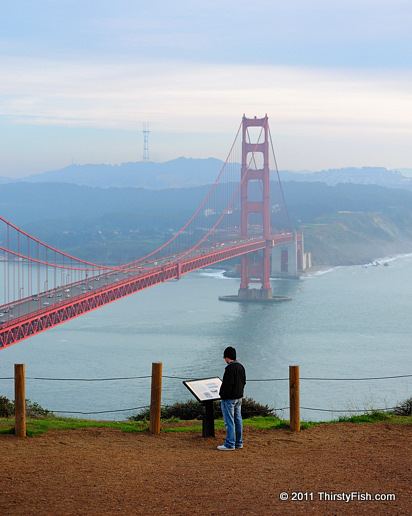Land of the Yelamu / Illusion of Progress

The earliest archaeological evidence of human habitation in the Bay Area dates to about 4000 B.C. When the Spanish first began to colonize the area starting 1769, the Bay Area was inhabited by the Ohlone People. The Ohlone were made up of small divisions of related but culturally and linguistically distinct regional people. Of these, the Yelamu Tribe lived on the northern tip of the peninsula, the area known today as San Francisco.
Within two generations of European contact, the Yelamu People were driven to extinction, due to disease and the loss of their economical lifestyle. By the year 1900, from over 50 Ohlone tribes and villages that inhabited the area, only a handful of individuals had survived. By 1950 all of the Ohlone languages were considered to be extinct.
San Francisco was originally named Yerba Buena ("good herb") by the Spanish. In 1848, just before California became a territory of the United States, the city took its new name from an early religious settlement, Mission San Francisco de Asis.
Every time I read another story of displaced indigenous people, vanishing cultures, I question our quest for what we call progress. Do advances in technology, science, and social organization really improve the overall human condition? Yes, we seem to have a better understanding of the physical world around us, and we now live longer lives, but are we really happier? Are we more compassionate? Or, does the illusion of progress leave us with a fake sense of having control of our ultimate destiny? Are we going to wake up one day and realize that, what we have been calling progress all along was actually the beginning of our self-destruction? Progress might be unstoppable, but we may have a chance to steer it in the right direction...
Song of the Day: The Last Resort - Eagles (1976)
Posted
- Mon 2011-12-19
Captured
- 2009-11-26
- San Francisco, CA


